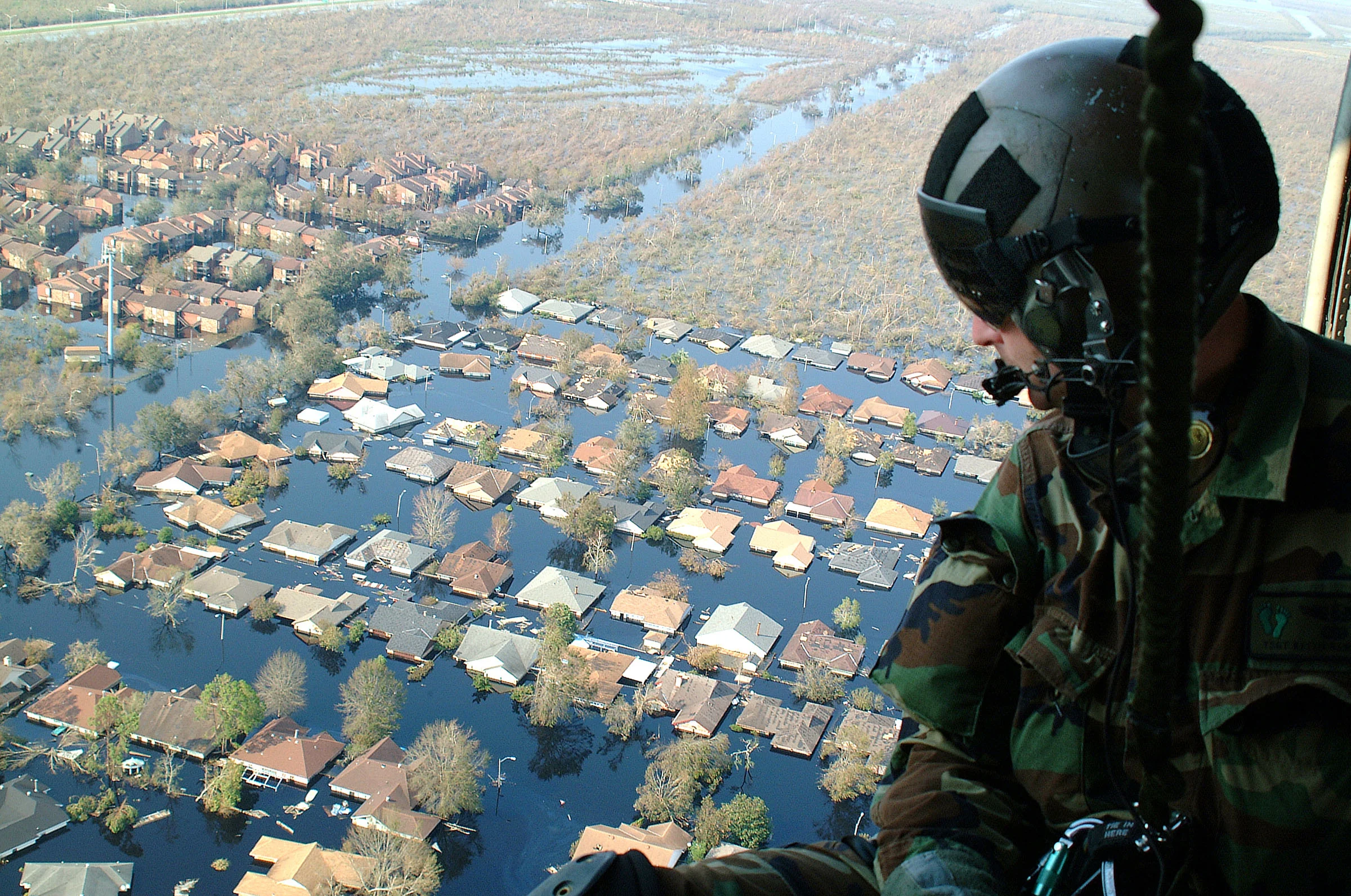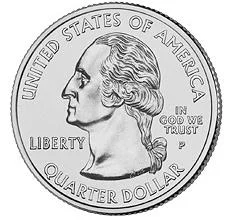It is hard to believe that ten years have passed since Hurricane Katrina struck New Orleans and the Gulf Coast. I had the great pleasure to be in Crescent City this past week as the tragedy of Katrina was remembered. As I was thinking about this commemoration it occurred to me that Katrina was clearly not only a natural disaster but also a leadership disaster at almost every level. Consequently, as we reflect on Katrina and mourn the nearly 2,000 people who lost their lives, leaders should think carefully on what can be learned from this crisis or any crisis to make ourselves and our organizations stronger and better.
A crisis is normally defined as a sudden unexpected disaster, but leaders must recognize that they can unfold slowly over time. Sadly, many of the warnings about the impact of Katrina on the city’s troubled levees were ignored as it approached New Orleans. Crises can be analyzed by careful consideration of their three phases: before the crisis, immediate actions during a crisis, and the aftermath. Leaders must keep this in mind as they not only prepare their organizations to meet the challenge of crisis, react initially, but also learn from crises in order to strengthen them and prepare for new challenges in future.




















